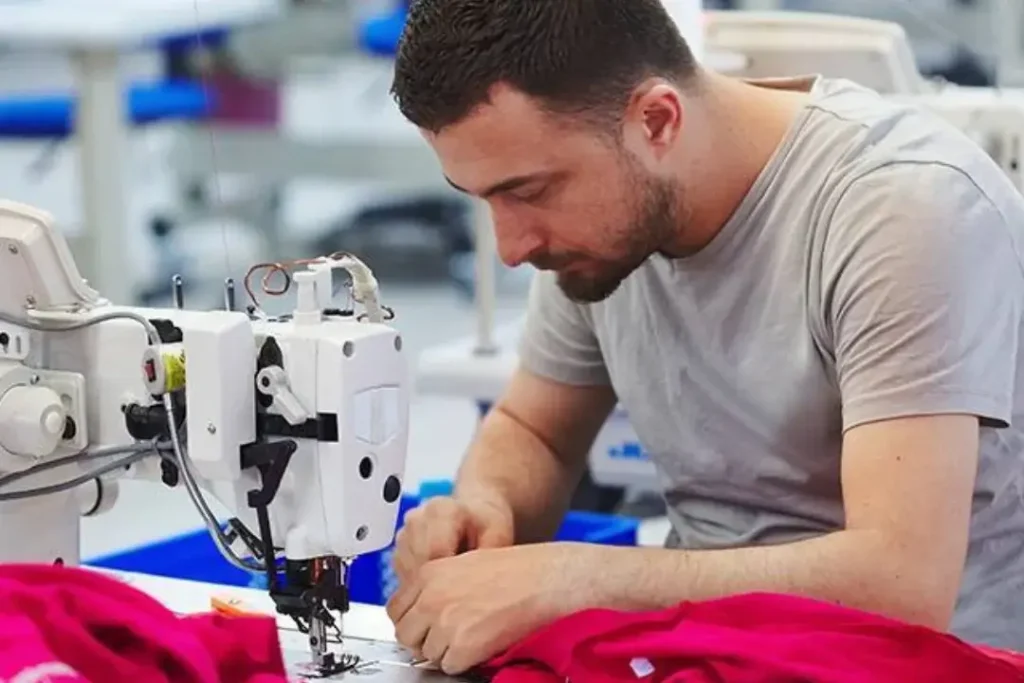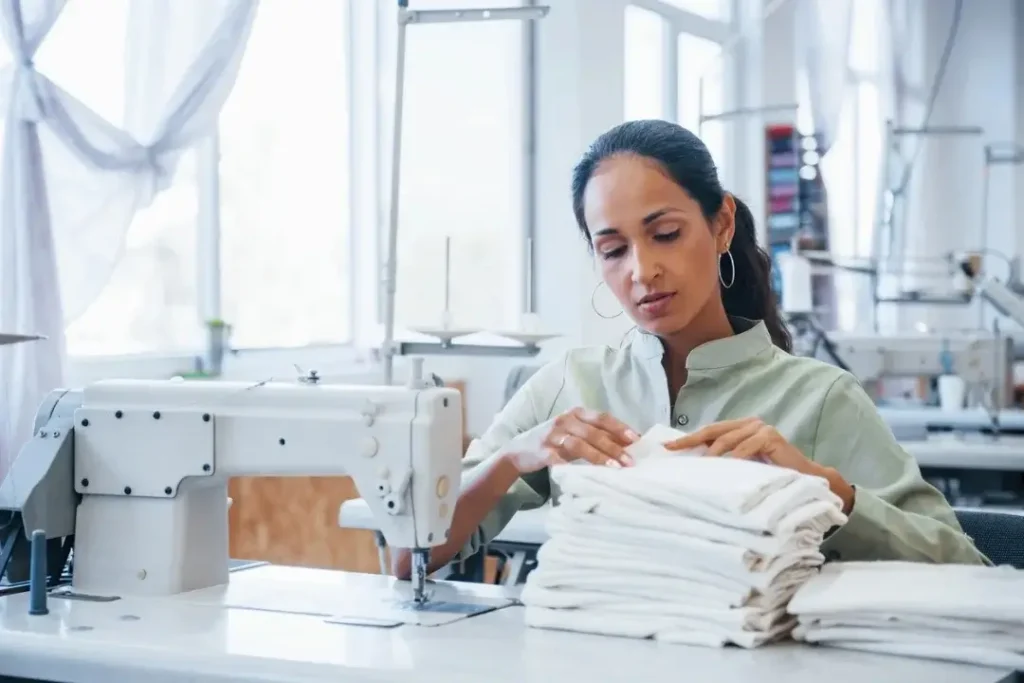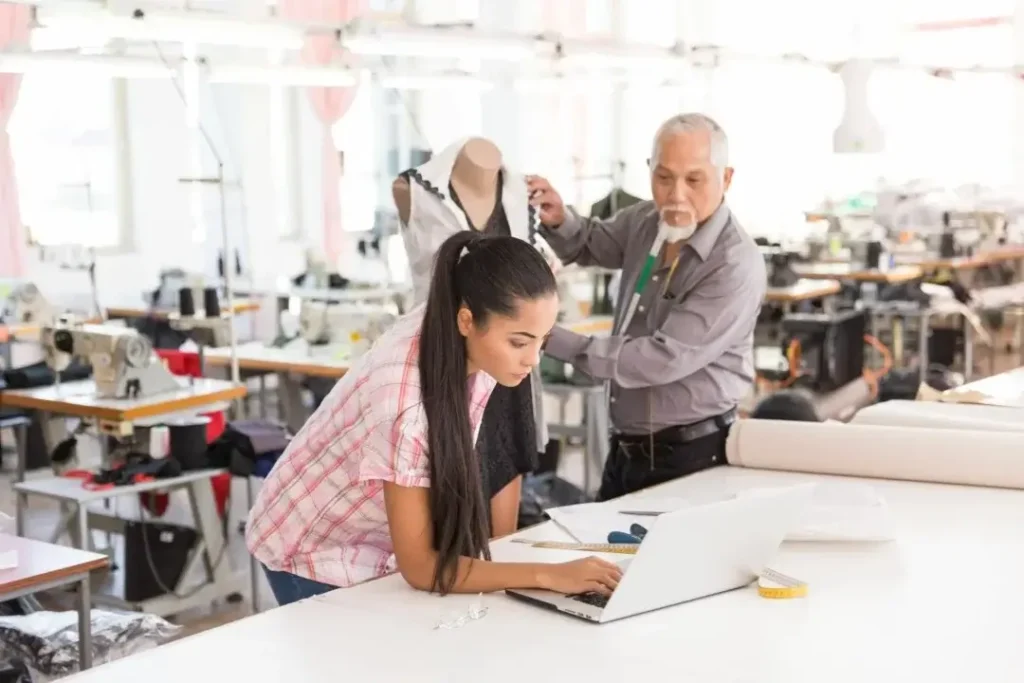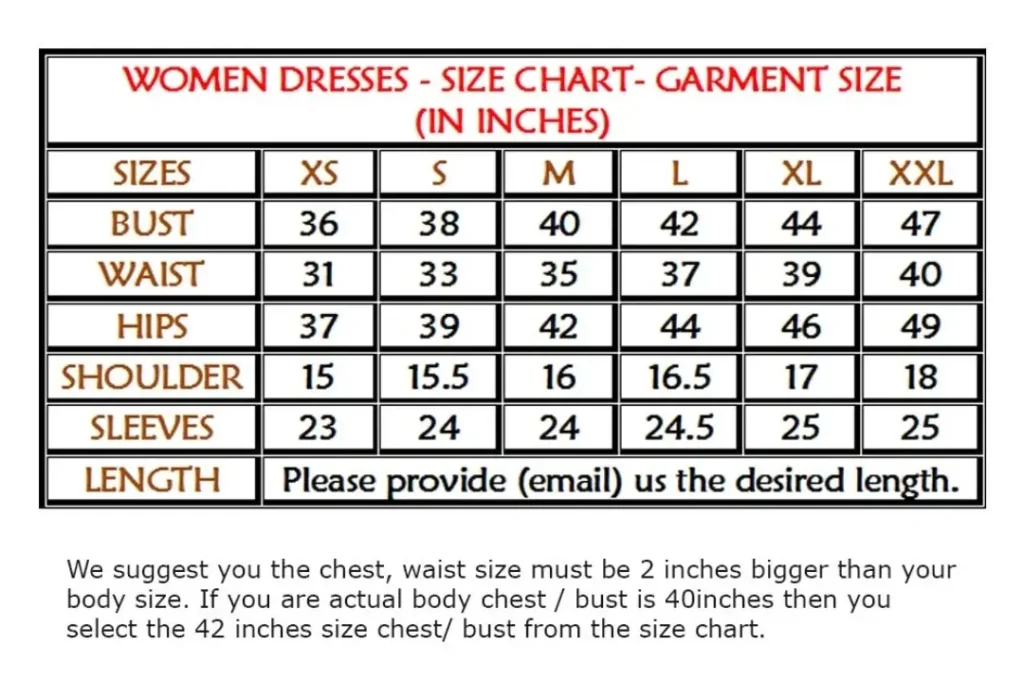
Why Clothing Brands Fail
Top Different Types of Shirts for Women and Men Top Different Types of Shirts for
How Good Is Branding In Pakistan Clothing Industry And How It Helps International Brands Grow?
Did you know that clothing markets worldwide will reach $1.7 trillion by the year 2025? These figures demonstrate how branding has become essential for success in garment manufacturing. Pakistan’s situation is particularly interesting, where the textile sector plays a crucial role in economic growth. For manufacturers working alongside B2B clients, branding represents more than mere retail marketing strategy.
Branding exceeds simple logos or slogans in the manufacturing context. It embodies a manufacturer’s entire identity through every aspect of production. Quality consistencies play a pivotal role – when manufacturers maintain excellence standards, they establish a reputation for dependability. Private label offers another dimension, creating mutually beneficial arrangements between the parties involved.
The impact on consumer choices is profound – branded items typically prevail when faced with two similar products. This phenomenon stems from built trust through consistent branding efforts. Manufacturers’ indirect role in establishing such trust cannot be underestimated.

The modern clothing industry transcends geographical limitations. Pakistan manufacturers who establish strong brands gain international recognition. “Made in Pakistan” carries significant weight when supported through effective branding strategies.
Manufacturers’ roles extend beyond production, enabling their clients’ branding success. By implementing sustainable practices and offering customized solutions, they contribute significantly to brand narratives.

The path forward requires substantial investments in various branding elements. Manufacturers must focus on advanced packaging solutions, maintaining quality standards, and embracing technological innovations. These efforts benefit their operations and strengthen their clients’ market positions.
For potential partnerships, the considerations have evolved beyond basic manufacturing capabilities. Success depends on the ability to create memorable brand experiences through manufacturing excellence.
This evolution in Pakistan’s clothing sector represents more than industrial growth – it symbolizes transformation in how manufacturing relates to global market dynamics.
The path forward requires substantial investments in various branding elements. Manufacturers must focus on advanced packaging solutions, maintaining quality standards, and embracing technological innovations. These efforts benefit their operations and strengthen their clients’ market positions.
For potential partnerships, the considerations have evolved beyond basic manufacturing capabilities. Success depends on the ability to create memorable brand experiences through manufacturing excellence.
This evolution in Pakistan’s clothing sector represents more than industrial growth – it symbolizes transformation in how manufacturing relates to global market dynamics.
Pakistan clothing manufacturers have adopted innovative methods beyond mere garment production. These manufacturers are focusing increasingly on enhancing their B2B client branding strategies, providing solutions that cater to local and international market demands.
The leading manufacturers in Pakistan aren’t just producing clothes—they create branded experiences that resonate globally. From private labels to cultural aesthetics, these practices are setting manufacturers apart and enabling them to offer more than products; they are offering identities.

Private labeling represents a fundamental aspect for manufacturers in Pakistan. This is where manufacturers produce garments under other brand names, making it a crucial service for businesses seeking expansion without establishing manufacturing units. Whether it be an international clothing chain or a local boutique, Pakistan manufacturers provide excellent private labeling that ensures final products align with client branding goals.
Custom design represents another critical segment. Manufacturers enable businesses to create unique signature styles that stand out in saturated markets by offering tailored designs. It’s about creating products that reflect brand identity; these manufacturers make this possible. For example, local manufacturers might collaborate with international fashion brands to develop collections that align with global trends while maintaining distinct Pakistan elements.
Digital labeling has transformed manufacturers’ approach to branding. Due to the rise of e-commerce, the manufacturer can now integrate logos and labels directly into the production process, offering clients seamless brand visibility. This technology-forward approach ensures that logo and brand elements are placed precisely, ensuring client branding remains consistent across all produced items. It isn’t just about putting up a logo; it’s about integration that enhances the overall brand image.
Manufacturers also implement QR codes and RFID tags on labels to provide customers with a direct link to the brand’s digital ecosystem, offering a more interactive experience. This shift aligns with the growing trend of tech-savvy consumers and brands wanting to connect their physical products with their online presence.
Sustainability isn’t merely a trend; it has become a necessity in branding. Pakistan manufacturers are stepping up their approach by adopting eco-friendly packaging solutions that help the environment and align with the client’s branding strategy. Sustainable packaging has become a selling point for many brands, and Pakistan manufacturers ensure their clients can distinguish themselves by using biodegradable material, recycled paper, and other green alternatives. This commitment to sustainability helps elevate brand image while meeting the growing demand for environmentally responsible products.
Pakistan manufacturers capability to merge cultural aesthetics with global branding requirements distinguishes them. Pakistan fabric, embroidery, and design elements carry rich cultural significance, and many international brands are keen on integrating these into their collection. Manufacturers here excel at combining traditional Pakistan craftsmanship with modern design trends to create products appealing to global audiences.
For instance, high-end European fashion brands might collaborate with Pakistan manufacturers to create garments featuring traditional hand-stitched patterns, combining global luxury with authentic craftsmanship. This cultural fusion results in a product that distinguishes itself both locally and internationally, providing clients with a distinct advantage in global markets.
While branding games in Pakistan’s clothing industry demonstrate strength, it faces various obstacles. For each success story, manufacturers encounter challenges that must be overcome to maintain smooth branding operations. Whether it be technology access, cost considerations, or alignment of client expectations with capability, numerous factors require careful navigation.
Let’s examine the obstacles manufacturers face in the branding process and how they could overcome these challenges.

Not all manufacturers in Pakistan have access to advanced branding technology. Small and medium-sized manufacturers need help keeping pace with the latest innovations in digital printing, custom labeling, or packaging solutions. While large factories might possess resources for cutting-edge technology investment, smaller operations sometimes must operate with outdated equipment, which limits their ability to provide high-end branding services that clients expect.
To address this gap, small-scale manufacturers can partner with local tech providers to incorporate innovative solutions into their operations. Additionally, they could focus on craftmanship and product quality, which still enhances the brand even without the most advanced branding technology.
Sustainability has become an essential aspect of the clothing industry, but it carries significant costs. From eco-friendly fabric to biodegradable packaging, manufacturers in Pakistan face increased expenses when implementing this sustainable practice. While global brands demand this solution, smaller manufacturers might struggle to absorb extra costs, especially with limited profit margins.
Manufacturers could explore cost-effective alternatives for sustainable material or establish partnerships with eco-conscious suppliers offering bulk discounts. Another approach is working with a client who prioritizes sustainability, ensuring additional cost is justified by value added to the brand image.
A prevalent challenge that manufacturers encounter is the disparity between client branding expectations and delivery capability. Clients from the international markets might expect a sophistication level in branding that local manufacturers aren’t always equipped to provide. This expectation gap can result in dissatisfaction, even when the final product demonstrates high quality.
Clear communication remains essential. Manufacturers must establish realistic expectations with clients regarding achievable outcomes, considering their resources and technological capability. By maintaining an open communication channel, they can avoid misunderstanding and ensure both parties maintain an aligned understanding before production commences.

Pakistan clothing manufacturers aren’t merely producing garments—they offer a variety of creative and effective branding solutions designed to help their B2B clients stand out in the competitive global marketplace. Whether through sustainable practice, digital precision, or customized design, these manufacturers are meeting modern branding demand.
In an industry where branding often determines the difference between success and obscurity, this manufacturer constantly innovates to offer service that elevates brands while maintaining manageable costs. Let’s examine some of the most impactful solutions they provide.
Today digital tools are transforming how clothing manufacturers approach branding. One such tool is laser printing, which enables manufacturers to imprint logos, patterns, and even intricate designs directly onto fabric with remarkable precision. This represents game-changing development for a brand requiring high-quality, sharp branding that doesn’t fade or deteriorate over time.
Laser printing enables precise detailing, and design can be replicated easily across large production runs. Whether it be small batch or mass production, this method ensures that each item demonstrates a polished and brand-consistent appearance, making it an ideal solution for businesses aiming to maintain a sleek, professional image.
Sustainability has evolved beyond a buzzword—it has become a requirement. Pakistan manufacturers embrace this transition by offering eco-friendly branding solutions that help their clients align with the growing demand for ethical and sustainable products. From biodegradable tags to eco-friendly ink, manufacturers are engaging with the green movement, ensuring their products are equally beneficial to the planet as they are to customer brands.
In fact, sustainable packaging has become a major selling point for many global brands. Biodegradable tags, which replace traditional plastic labels, and water-based, non-toxic ink are now standard offerings, ensuring that branding appears appealing and contributes positively.

Pakistan manufacturers increasingly establish partnerships with international branding consultants to maintain a competitive edge in the global market. These collaborations help ensure local manufacturers remain aligned with global branding trends while incorporating unique regional elements. They represent a strategic partnership that enables manufacturers to serve high-end brands demanding world-class branding standards.
Partnering with Pakistan clothing manufacturers presents transformative opportunities for brand elevation, requiring careful deliberation and mutual understanding. This comprehensive analysis explores effective partnership strategies for B2B clients seeking to maximize their branding potential.
The foundations of successful partnerships lie in establishing crystal clear communications from initial engagement. When discussing branding elements, precise articulations of expectations become paramount for success. This includes detailed specifications about design preferences, material qualities, and color selections that should be conveyed at the earliest stages.
Specificity in communications helps eliminate potential misunderstandings. For instance, when implementing specific logo designs or unique fabric treatments, early discussions about such requirements can prevent costly modification later. It is crucial to provide comprehensive branding guidelines, including the desired tone and style, while ensuring the manufacturer possesses the necessary capabilities for execution.
The variation in manufacturer capabilities necessitates thorough evaluation, particularly regarding complex branding requirements. Verifying industry certifications and past experiences with international brands becomes essential. Certified manufacturers typically maintain robust quality control systems that align with specific branding needs.
The assessment of branding capabilities should encompass various aspects: availability of digital printing services, embroidery expertise, and sustainable packaging solutions. Manufacturers should demonstrate their proficiency through previous projects, showcasing their ability to deliver sophisticated branding solutions that meet international standards.
While short-term collaborations might seem appealing, establishing enduring relationships with manufacturers offers enhanced efficiency and cost-effectiveness. Strong partnerships facilitate improved communications, minimize production delays, and foster a deeper understanding of mutual requirements.
Extended collaborations enable manufacturers to develop intimate familiarity with brand aesthetics, resulting in faster turnarounds and fewer revisions. As the partnership matures, manufacturers develop an intuitive understanding of brand preferences, streamlining future project executions and enhancing overall productivity.
Through careful implementation of these strategies, B2B clients can forge successful partnerships with Pakistan manufacturers, creating value-driven relationships that support sustained growth and market success.
When it comes to manufacturing, there’s often a stigma surrounding Pakistan capabilities. Many international buyers still harbor outdated misconceptions about the quality of products coming out of Pakistan. But this perception is changing fast.
Pakistan manufacturers have worked hard to shake off negative stereotypes and prove themselves as valuable partners for brands seeking high-quality, cost-effective solutions. The growing emphasis on branding, design innovation, and sustainability has positioned Pakistan as an increasingly attractive option for global clothing brands.
Let’s look at some examples of how Pakistan manufacturers have worked with well-known international brands to create unique and successful branding campaigns.
These case studies show that Pakistan manufacturers are not only keeping up with global branding trends but are also setting new standards in quality and sustainability. By leveraging local craftsmanship and international expertise, they’ve proven that they can meet and exceed the expectations of high-end global brands.
Over the past decade, Pakistan’s garment and textile industry has experienced remarkable growth, with exports increasing significantly. Much of this growth can be attributed to improvements in branding practices, which have helped Pakistan manufacturers appeal to international clients.
A report from the Pakistan Bureau of Statistics indicates a consistent rise in textile-industry and apparel exports, with countries like the U.S., the UK, and European Union members being key markets. This growth is a direct result of the country’s ability to blend high-quality production with global branding trends—focusing on sustainability, digital printing, and customized branding solutions.
By aligning with global branding demands, Pakistan manufacturers have managed to carve out a niche for themselves, contributing to their success on the international stage.
Branding is a collaborative journey that relies on strong partnerships, clear communication, and a shared vision. Pakistan manufacturers are proving themselves to be adept at understanding global branding needs and executing high-quality, innovative solutions. Whether through sustainable practices, cultural integration, or advanced branding technologies, they are helping brands around the world elevate their image and stand out in competitive markets.
For B2B clients, partnering with the right Pakistan manufacturer can unlock a wealth of branding opportunities. It’s about building long-term relationships, communicating effectively, and choosing a partner that not only meets but exceeds your expectations. The global perception of Pakistan manufacturing is shifting, and as these manufacturers continue to innovate and evolve, they are cementing their place as vital players in the international branding landscape.
Pakistan manufacturers offer private labeling, custom packaging, sustainable branding solutions, and more.
By selecting certified manufacturers, communicating clear expectations, and building collaborative relationships.
Yes, many manufacturers are shifting to eco-friendly practices, offering biodegradable packaging and sustainable materials.
Expert Custom Clothing Manufcaturer

Top Different Types of Shirts for Women and Men Top Different Types of Shirts for

What You Must Know About Clothing Samples? Before You Produce a Single Garment: What You

How Much Does It Cost To Make a Hoodie A Complete Cost Breakdown for Custom

Discover the Types of Buttons Discover the Types of Buttons That Transform Style and Functionality


Most Recent Posts
Expert Custom Clothing Manufcaturer
Join our Mailing list!
Get all latest news, exclusive deals and updates.